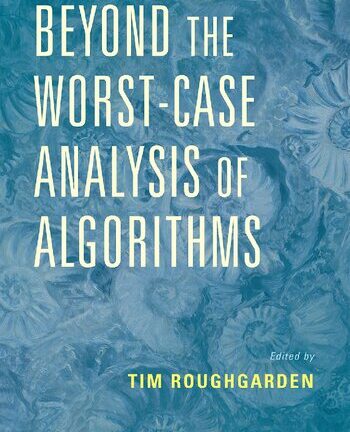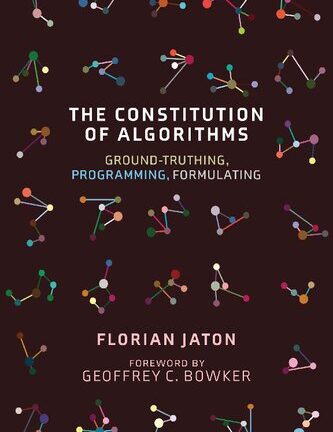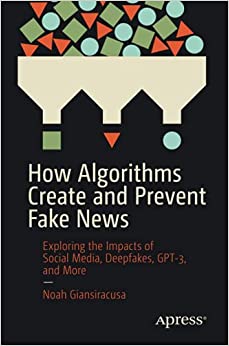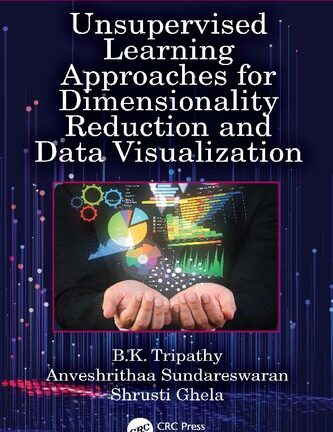Description
Throughout the book, you’ll explore relevant material gleaned from numerous books, papers, blog posts, and the source code of several open source databases. These resources are listed at the end of parts one and two. You’ll discover that the most significant distinctions among many modern databases reside in subsystems that determine how storage is organized and how data is distributed.
This book examines:
- Storage engines: Explore storage classification and taxonomy, and dive into B-Tree-based and immutable Log Structured storage engines, with differences and use-cases for each
- Storage building blocks: Learn how database files are organized to build efficient storage, using auxiliary data structures such as Page Cache, Buffer Pool and Write-Ahead Log
- Distributed systems: Learn step-by-step how nodes and processes connect and build complex communication patterns
- Database clusters: Which consistency models are commonly used by modern databases and how distributed storage systems achieve consistencyWhen it comes to choosing, using, and maintaining a database, understanding its internals is essential. But with so many distributed databases and tools available today, it’s often difficult to understand what each one offers and how they differ. With this practical guide, Alex Petrov guides developers through the concepts behind modern database and storage engine internals.






Reviews
There are no reviews yet.